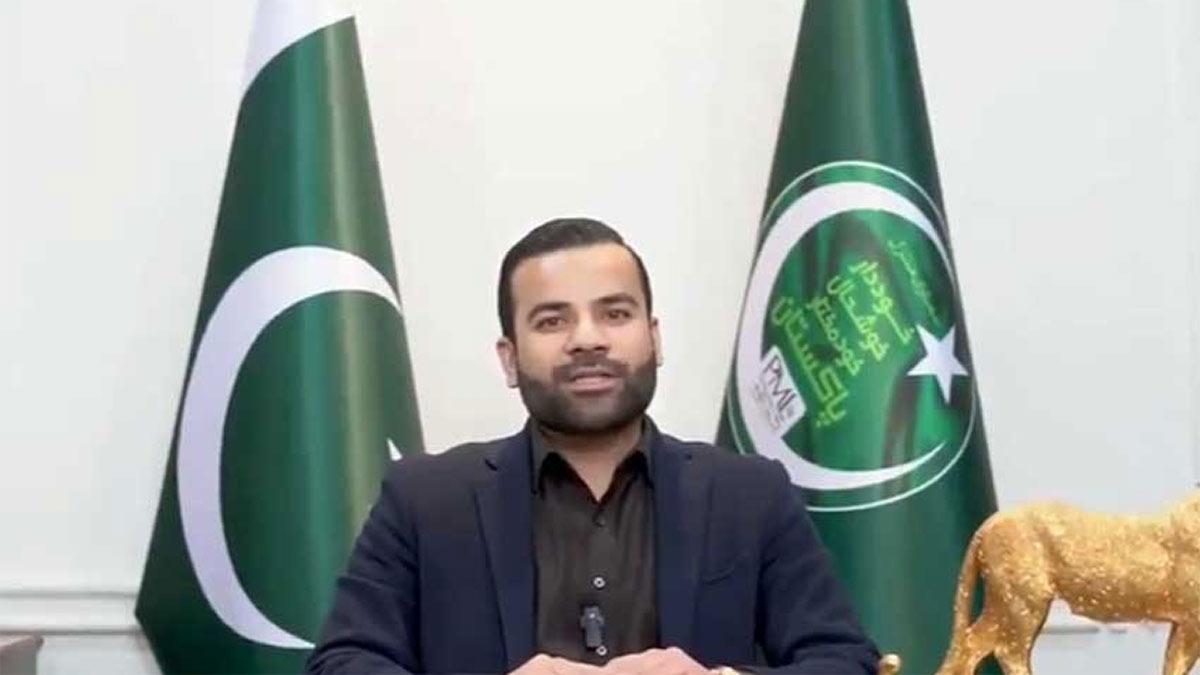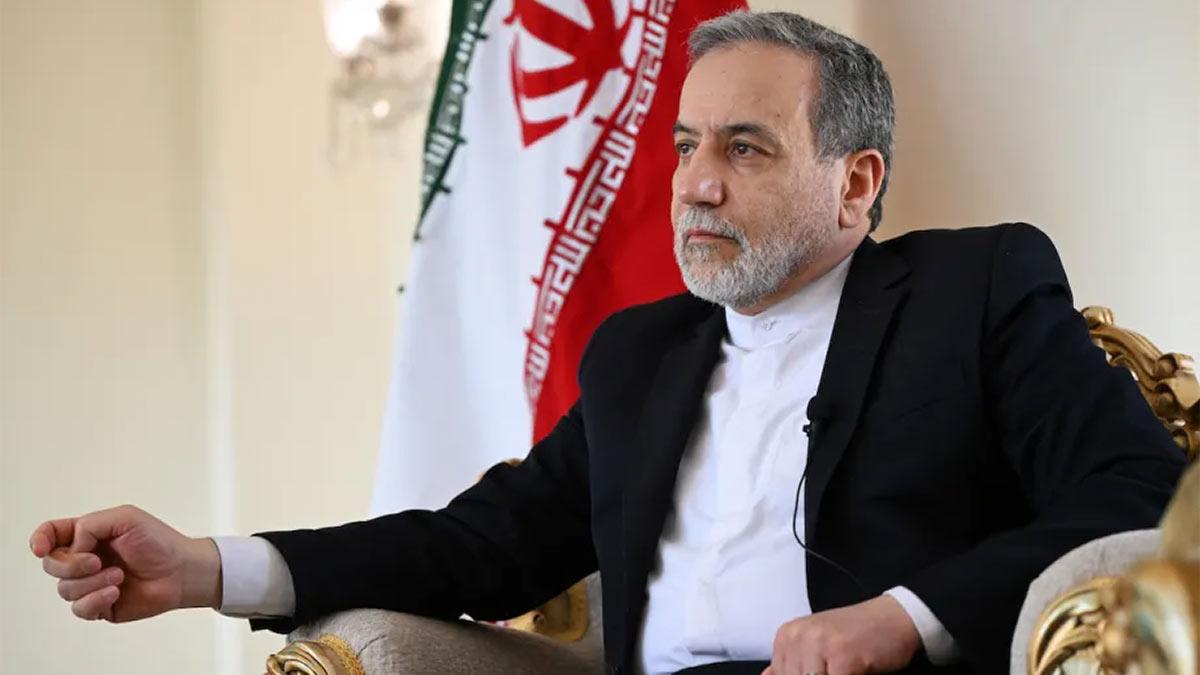Minister of State for Law and Justice Barrister Aqeel Malik made it clear that though the United States has not enforced a full ban on the travel of Pakistani nationals, there might be restrictions in place.
This comes after media reports that the US administration under President Donald Trump is re-evaluating security and screening protocols, which would result in fresh travel limitations potentially targeting Pakistan and Afghanistan.
Sources say any new restrictions would most probably resemble those taken in Trump's first term, when travel restrictions were put on a number of Muslim-majority countries.
In an interview with Geo News' show "Geo Pakistan," Malik conceded that the US has expressed concerns regarding the increase in terrorism-related cases in Pakistan. Nevertheless, he stressed that no blanket ban has been put on Pakistani travelers.
He reiterated Pakistan's commitment to enhancing counterterrorism in its response to the US concerns expressed through a recent travel advisory. The advisory on Saturday calls American citizens to reconsider traveling to Pakistan because of security concerns.
The Level 3 travel warning, issued by the US State Department's Bureau of Consular Affairs, advises that Pakistan's security situation is still unpredictable, with civilians and government targets both at risk. It advises that terrorist attacks can be anticipated to happen at any time, against transportation nodes, markets, military installations, and public places.
The announcement follows the release of the Global Terrorism Index 2025, which placed Pakistan at the second position of countries most affected by terrorism in 2024.
Pakistan recorded a 45% hike in terrorism-related fatalities, with 748 deaths in 2023 compared to 1,081 in 2024. The frequency of terrorist attacks also registered a substantial rise, crossing the 1,000 mark for the first time since the index's inception.
Malik emphasized the need to strengthen counterterrorism cooperation, recognizing that Pakistan needs to improve its security strategy in coordination with international partners.
He brought to light that lost weapons and ammunition left behind following the US's withdrawal from Afghanistan have been responsible for increasing cross-border terrorism, which further challenges Pakistan's security.
Malik also warned that the increasing militant insurgency is a threat not just to Pakistan but regional stability and US interests as well.
Pakistan's counterterrorism efforts, he added, have been recognized by President Trump and the US military command, including CENTCOM, which has appreciated the nation's continued efforts.
While alluding to Daesh commander Mohammad Sharifullah alias Jaffar, accused of leading the 2021 US soldier attack on Kabul airport, he reaffirmed the quality of Pakistani spy agencies. According to him, their speedy and trustworthy intelligence moves have in a number of instances overshadowed many global spy units.
The minister also rejected long-standing allegations by neighboring nations of Pakistan's backing for terrorism, again asserting that Pakistan is a major victim of extremist violence.
He underscored that Pakistan has suffered the brunt of terrorism for decades and still struggles with the effects of militant attacks.
Read also| Chinese leadership eliminating Tibetan identity, Says PM-in-exile Penpa Tsering


















